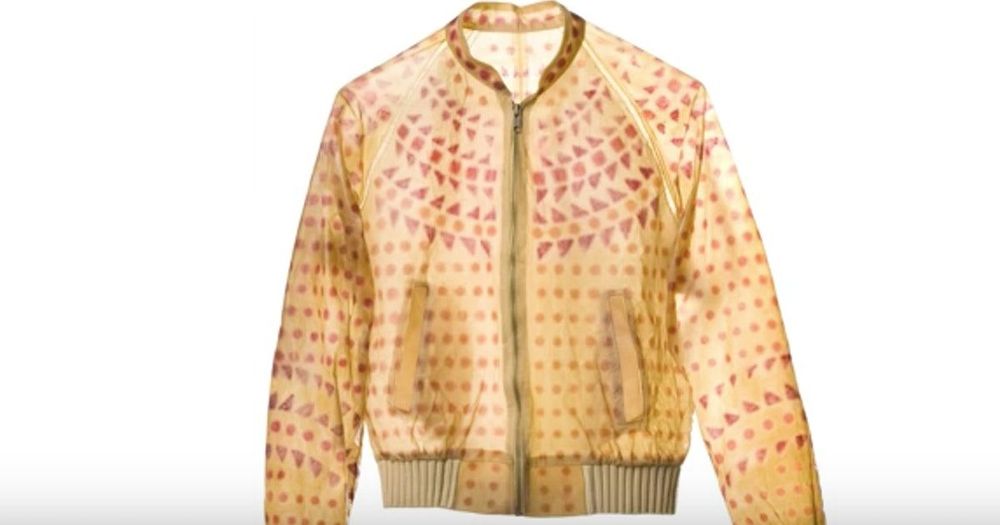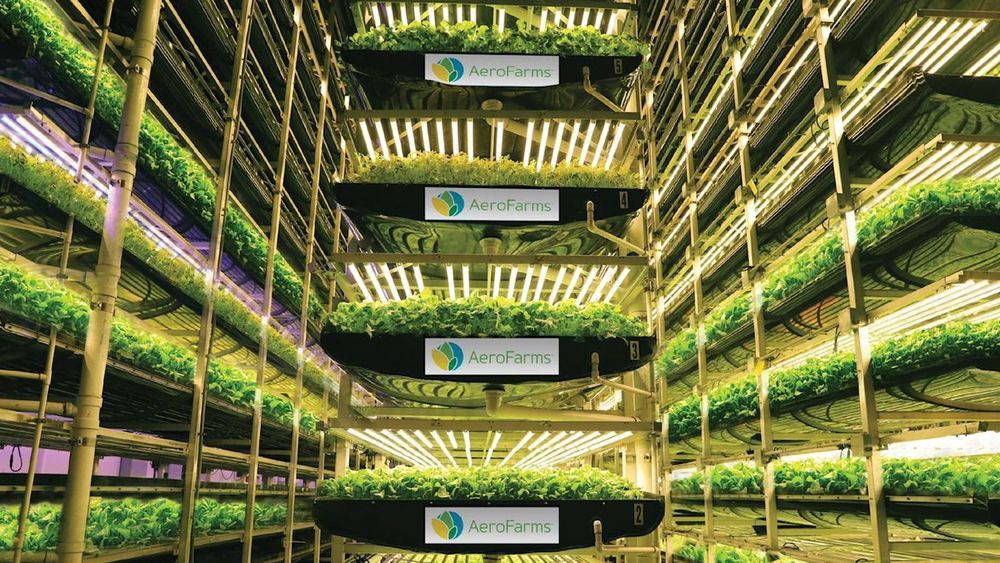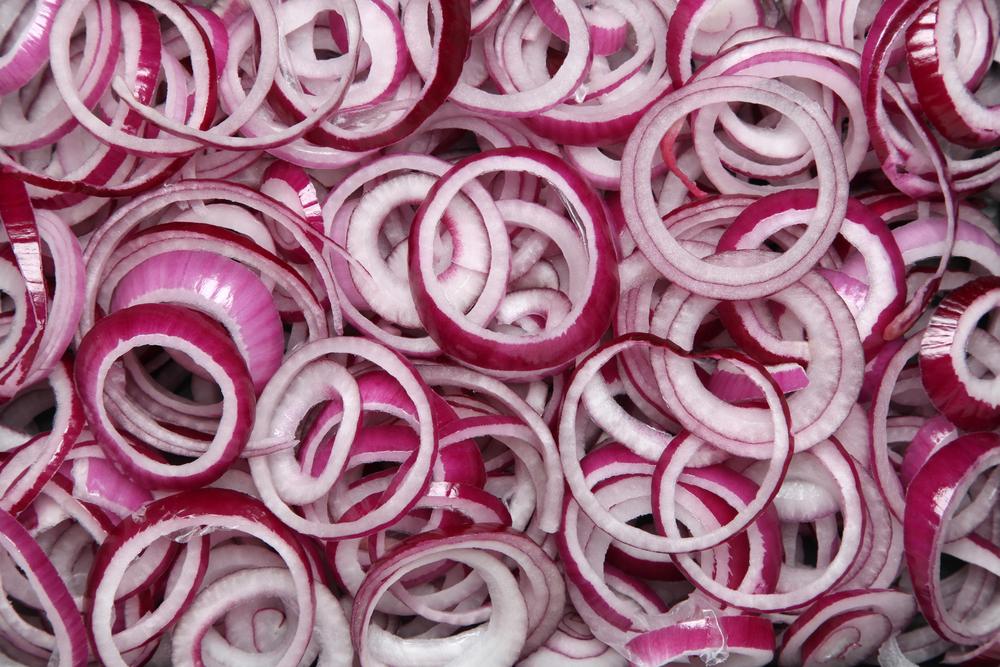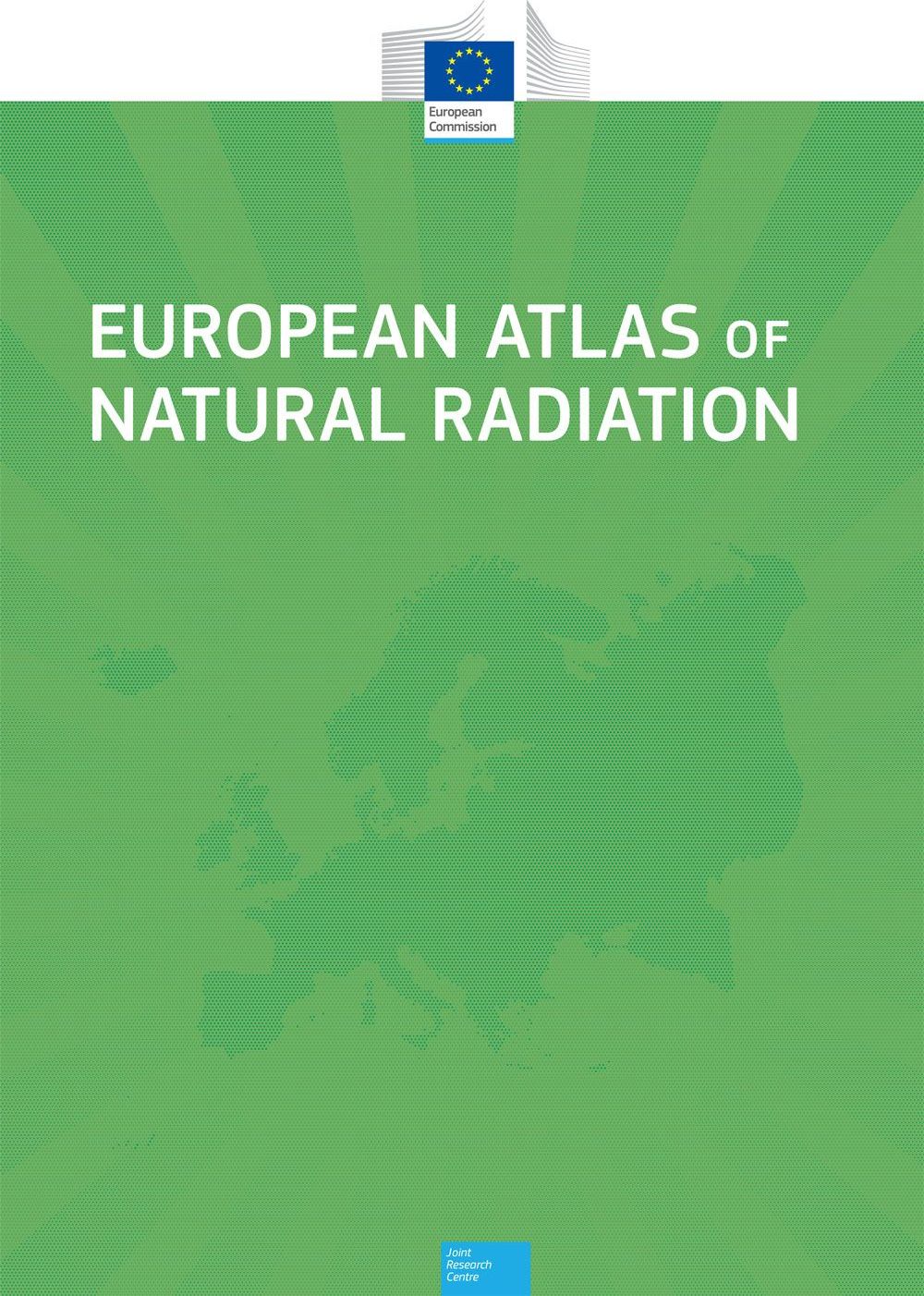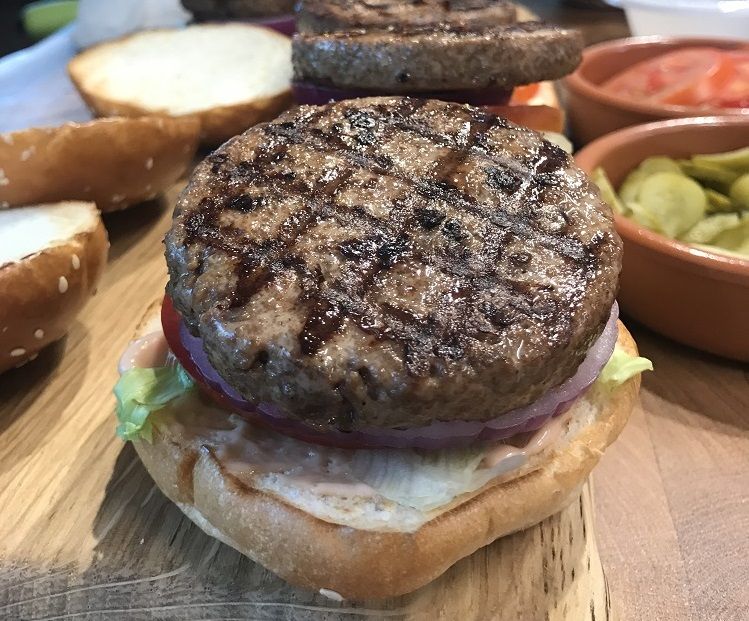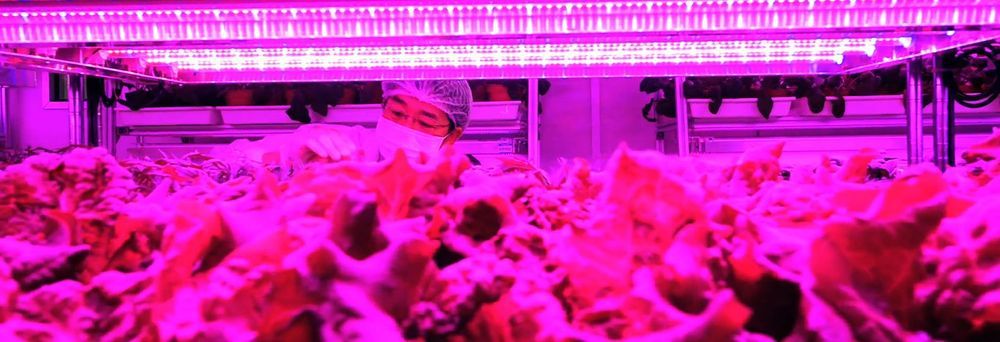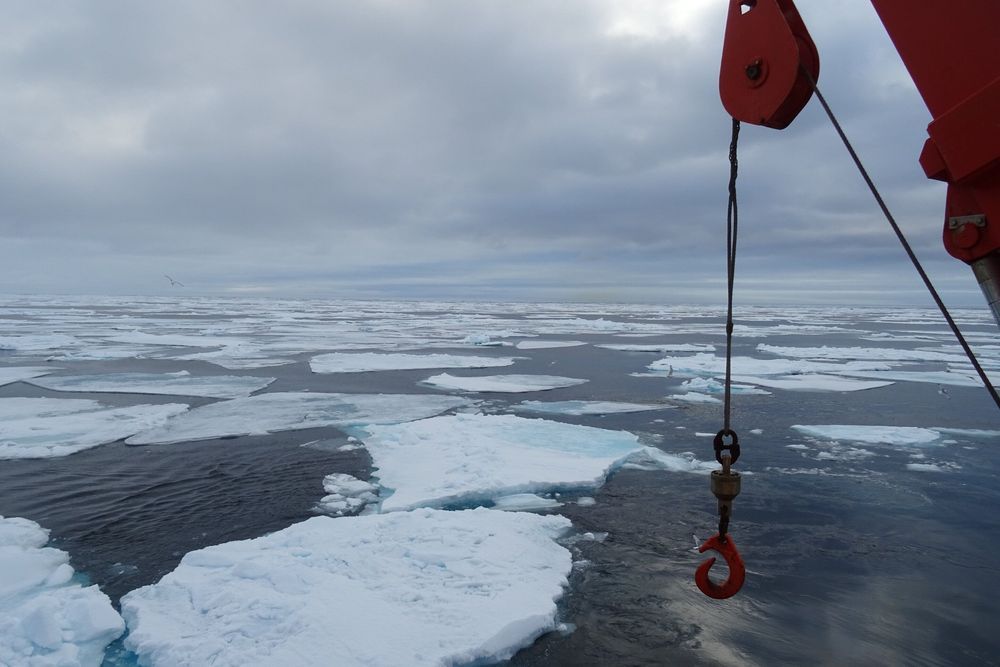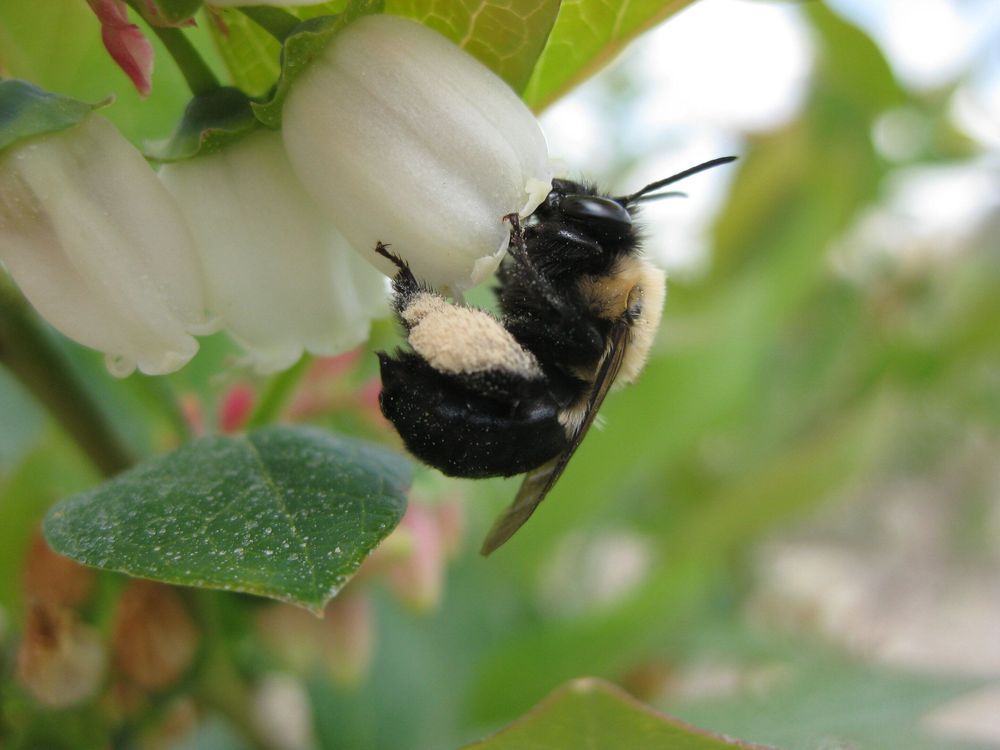Circa 2018 face_with_colon_three
If you don’t like mushrooms, it might be because you haven’t tried them yet in dress or jacket form. Believe it or not, mushrooms can now be fashioned into flexible leather-like clothing, purses, pants, and even durable furniture and building bricks for a cleaner, more sustainable planet. Phil Ross and his team at the San Francisco-based MycoWorks, a group of engineers, designers, and scientists, are developing products inspired by fungi’s lattice-like “roots,” called mycelium. According to the MycoWorks website, mycelium are carbon-negative and can also be naturally dyed any color, so your mushroom dress or house can be bright purple, fuchsia, or Cerulean blue if tan seems too subtle.
According to the website of Italy’s Mogu agency, which specializes in developing and scaling-up a range of mycelium-based technologies for the production of naturally-grown biomaterials and products, mushroom-based fabric can be tweaked to be as hard as enamel and shell-like or as soft and porous as a sponge, depending on the amount of light, humidity, exchange of gas, temperature, and types of “food” the mushroom is given (hemp, straw, etc.), rendering it as the ideal creative material for whatever you envision forging.
Mogu has proven that fabric created from mycelium is non-toxic, waterproof, and fire-resistant. It can be as thin as paper for dresses and lamp shades, or incredibly thick for heavy-duty items, and in both cases, the end result is remarkably flexible and strong.
